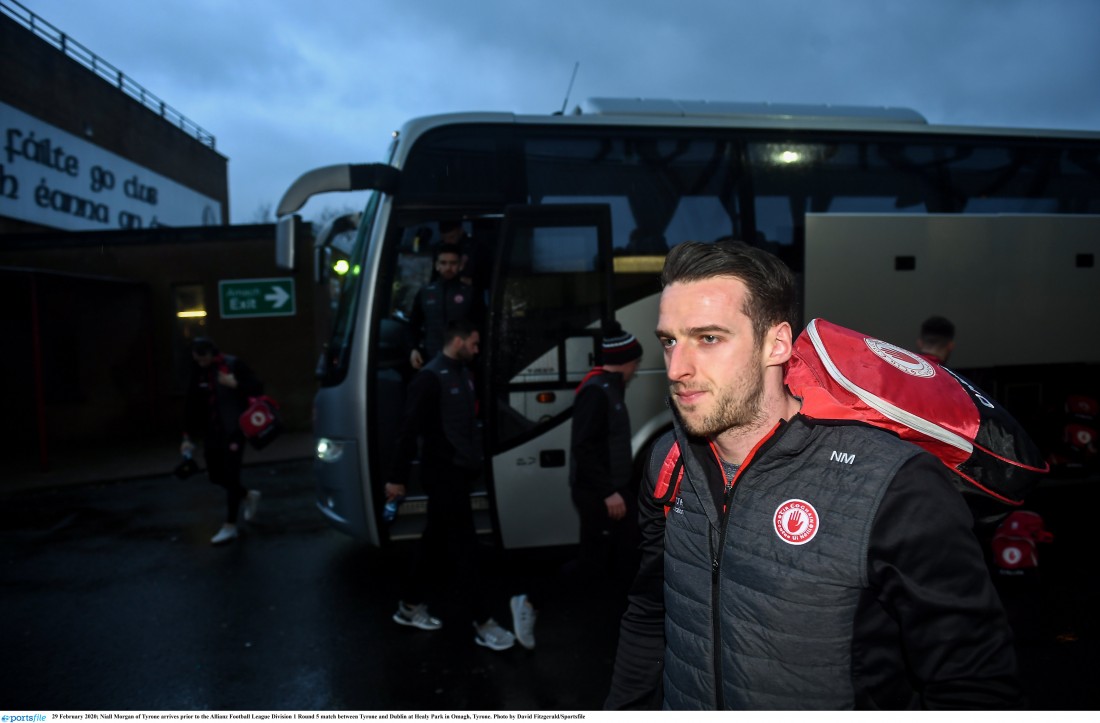“The area of immense interest to me was the importance of detail, not just any kind of detail but the development of things that would and could set us apart from any other team in the world. We had to assume that our main competitors would also have the same quality of players, the same resources, and the same standard of coaching. If we accepted that then to be even better, we had to find hundreds of improvements or CRITICAL NON-ESSENTIALS that would set us apart from our rivals.” – Sir Clive Woodward
In 2003, the England rugby union team became the first team from the Northern Hemisphere to win the coveted Webb-Ellis trophy. England Head Coach, Sir Clive Woodward, left no stone unturned when looking for that competitive advantage over their opponents. He was a big believer in those one percentage margins that wins games/championships.
It was no surprise to the England players that Woodward had employed the services of Dr Sherylle Calder to become the team’s eye coach. The role of the South African was to improve the performance of the England players by improving their visual ability. Her expertise was in increasing an athlete’s ability to anticipate by bettering their hand -eye/foot and body co-ordination. Her involvement allowed the team to increase the efficiency of their critical movements in those key moments in a game that are the essence of winning and losing.
The documentary ‘Building Jerusalem,’ focuses on that successful 2003 England rugby team culminating in their World Cup win over Australia. In the documentary scrumhalf, Matt Dawson, explains how Dr Calder also taught English players Afrikaans, her native language. In England’s group was rugby superpower South Africa and when the two sides played each other, the English players were able to understand the Springboks calls due to the teachings of Dr Calder.
These are only two of the critical non-essentials the English team benefited from during that 2003 World Cup, I am confident that there are a lot more used to help them win the trophy. But as Sir Clive’s quote explains, it is these small one percents that ultimately are the difference between you and your opposition.
Gaelic games will be returning soon and over the next six weeks it will be important for goalkeepers and coaches alike to take some time to think about what critical non-essentials they can develop and/or improve before competitions begin. A good place to start is looking at your own game and make a detailed account of how you like to play as a goalkeeper. Once you have a detailed description of how you like to play then you can look at what else you can do to improve your overall ability.
Once your league/championship fixtures are determined and released, create player reports on the teams you are due to play. Note/research how they play or have played in the best, who their playmakers are, who their scorers are, how they usually create/score goals, Restarts both for and against. By creating these reports, it allows you to prepare effectively in training as well as allowing to perform better during the game.
Ask yourself what other improvements you can make to your performance and how can you go about doing this. Looking at your off-field influences is always a great place to start looking for those critical one percents. Things like your diet/nutrition, hydration, supplementation, sleep routine, rest/recovery, prehab/rehab, injury prevention and conditioning can all be focused upon to better your performance.
Knowing your team’s systems of play, especially the restart routines, is vitally important for your success. As the goalkeeper, it is your responsibility to know these systems and what players will be completing each role. Responsibility falls upon the goalkeeping position to hold ALL players accountable for their actions on the field of play. You are the eyes of the team from your vantage point and the player that must be constantly vocal using your communication skills to maximise your team’s systems of play and restarts.
Another area you can look into would be visualisation. Where the mind goes, the body must follow, so by visualising various parts of your game or matches it allows your brain/mind’s eye to prepare for situations you may find yourself in during competition. Visualising things like one-on-ones, high balls, penalties or restarts and thinking of all the possibilities that come with them, both positive and negative, prepares you mentally for every eventual outcome.by preparing yourself mentally for the game it helps remove some, if not all, of the psychological pressures felt during competition.
As a goalkeeper you have to assume that the players you will be playing against will, at the very least, have the same levels of talent as you have, received the same quality of coaching, have the same availability of resources and have trained just as much as you have trained. With that said, what makes the difference in those critical moments is how you perform your critical movements in these pressure situations. That why it is vitally important for you to focus on your critical non-essentials.
Want more advice for goalkeepers? Contact Patrick now.
Email: pmgoalkeeping@hotmail.com
Facebook: @MSoG11
Twitter: @MorSchGk
Receive quality journalism wherever you are, on any device. Keep up to date from the comfort of your own home with a digital subscription.
Any time | Any place | Anywhere












